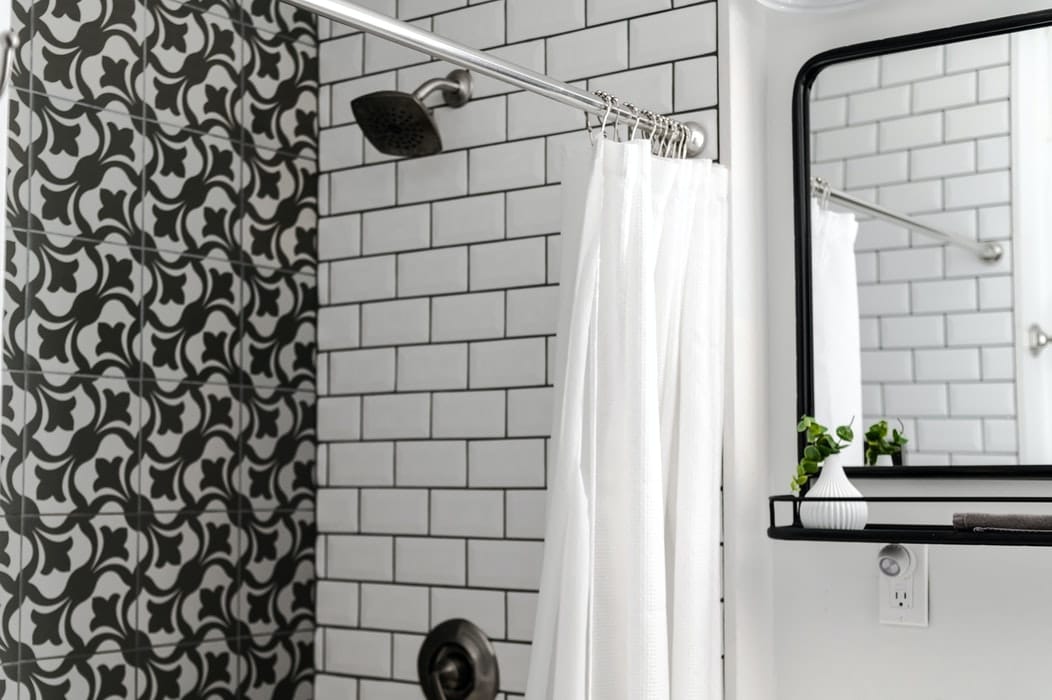When someone has a mold allergy, it means their immune system overreacts when they inhale mold spores, causing itchy eyes, sneezing, stuffy nose, cough, dry skin and increased asthma symptoms. The best way to prevent these symptoms or decrease their severity is to reduce your exposure to mold spores. We provide six tips on how to do this below.
Track Mold Spore Levels

Mold can be found almost anywhere, including both indoors and outdoors. If you’re planning a trip to Grant Park, be sure to check the mold spore levels using the National Allergy Bureau site. If counts are high, consider rescheduling.
Be Careful When Running Errands
Some stores and places of business will be prone to harboring more mold than others, such as greenhouses, flower shops, antique shops, farms and construction sites. If your symptoms are already acting up, run your errands another day. If you feel fine, be sure to take allergy medication before going and wear a dust mask.
Shower After Yardwork
Un-mowed fields and piles of lawn debris are prime locations for mold to grow. When doing yardwork like mowing the lawn, planting flowers, pulling weeds or raking leaves, be sure to wear a dust mask. You should also shower and wash your clothes right away when you’re done.
Use a Dehumidifier
To reduce the amount of mold in your home, use a dehumidifier and/or an air conditioner. You should absolutely keep humidity below 60%, but ideally it should be between 35-50%. Humidity meters are inexpensive.
Keep Your Home Clean
Rooms that are warm and damp like kitchens and bathrooms are also prone to mold growth. Surfaces covered in soap scum and grease are breeding grounds for mold, but it doesn’t grow on clean surfaces, which is why it’s important to keep these areas clean. Install an exhaust fan in your bathroom and look out for leaky pipes as well.
What to Do When You Find Mold
If you find mold on a glass, plastic or tile surface, clean it using a bleach solution or soap and water. In addition, you should figure out what the source of the mold is so you can eliminate it and prevent future growth. For more information about preventing mold allergy symptoms or to schedule an appointment with an expert allergist, call ENT of Georgia today.